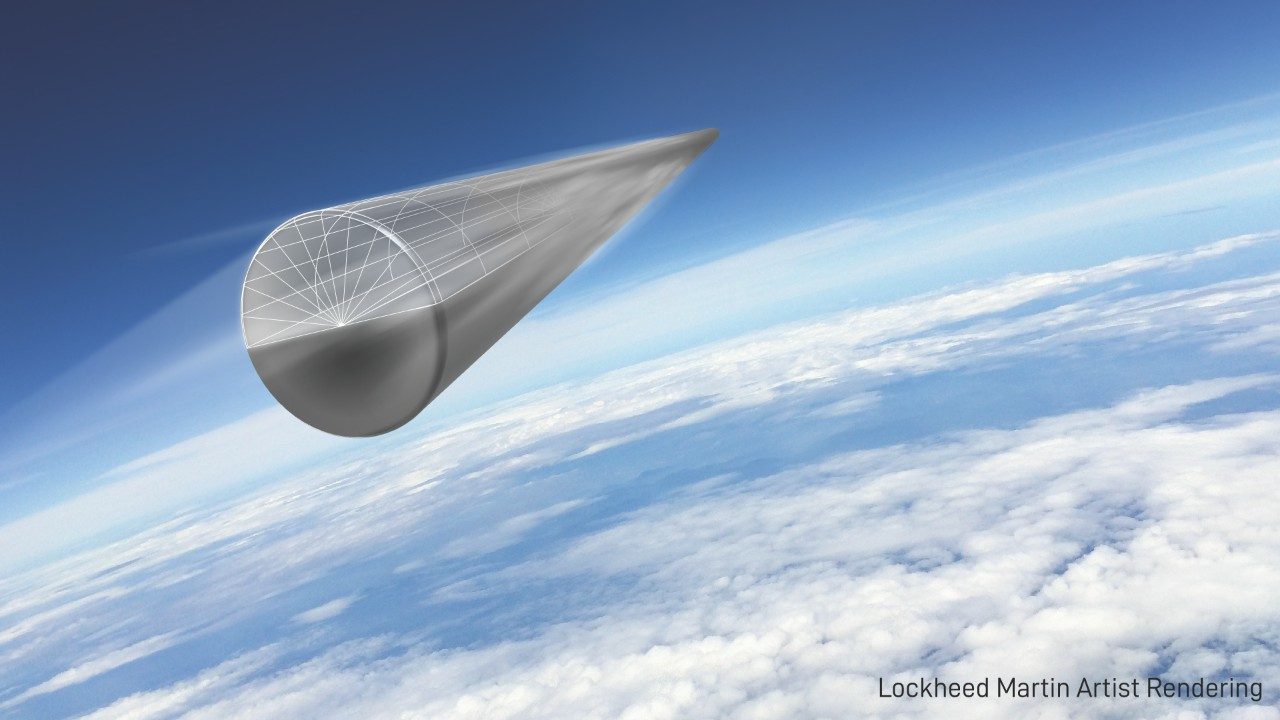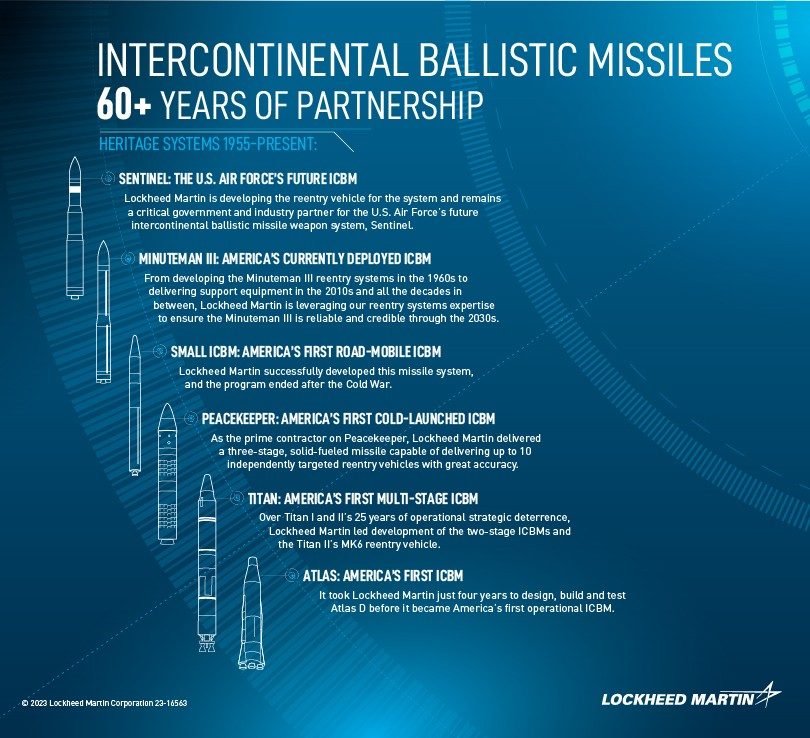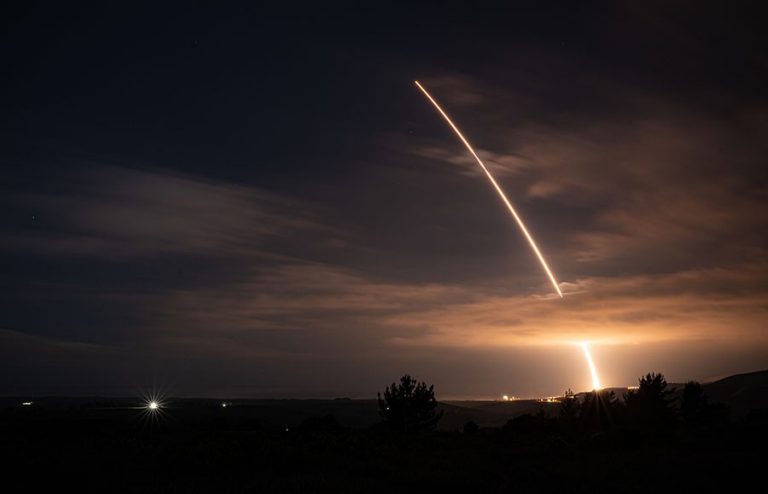Next Generation of Deterrence
Lockheed Martin is a critical government and industry partner in the effort to sustain, and also modernize, the intercontinental ballistic missile (ICBM) leg of the nation’s nuclear triad and provide a credible, land-based strategic deterrent to the warfighter.
Lockheed Martin maintains a more than 65-year partnership with the U.S. Air Force and is developing the Air Force's reentry system for the future: Mk21A. Mk21A is an integrated reentry vehicle (RV) being designed to deploy the W87-1 warhead for the U.S. Air Force’s future Sentinel ICBM. It is an adaptation of the Mk21 reentry vehicle. The Lockheed Martin Mk21A design is maturing using advanced Digital Engineering tools, including advanced modeling and simulation.
These reentry vehicle systems are complicated and must be able to travel at high speeds through the atmosphere, resistant to heat and guided by electronics to accurately deliver a payload. Lockheed Martin has decades of experience designing, developing, testing and producing reentry vehicles for the U.S. Air Force and is now working on a Technology Maturation and Risk Reduction (TMRR) contract to design Mk21A.
Lockheed Martin is also performing weapon system integration and RV integration for Sentinel, along with sustainment support for in-service ICBMs.


Working with our customers to deliver solutions that can deter adversarial threats

Solving our customers’ complex challenges with a strategic reentry team who has proven experience

Using a digital engineering approach, we’re developing resilient solutions designed for our customers’ needs and delivering when and where they need it

Committed to exceptional program performance
Lockheed Martin has more than 65 years of experience partnering with the U.S. Air Force on Intercontinental Ballistic Missiles and the Reentry Vehicles they launch. This includes delivering more than 700 missiles and more than 3,000 reentry vehicles to the Air Force, and providing next-generation support equipment to enable our customer to test and maintain ICBMs with modern technology.
From designing and building the Atlas, the first operational American ICBM, and the Atlas family of rockets to our leadership today in reentry technologies supporting the Sentinel intercontinental ballistic missile system, Lockheed Martin is enabling our customers to provide the nation with integrated deterrence.
Our legacy in developing operational intercontinental ballistic missiles (ICBMs) officially began in 1955 when the U.S. Air Force awarded the contract for the Atlas ICBM. The Atlas D missile went on alert Oct. 31, 1959, becoming the first-ever operational ICBM. Lockheed Martin has continuously supported the Air Force’s ICBM mission since the beginning, as the developer of the Atlas, Titan, MX Peacekeeper and Small ICBMs, and as the leading provider of reentry systems for multiple ICBM generations and of ground command and control systems for the Minuteman III.







